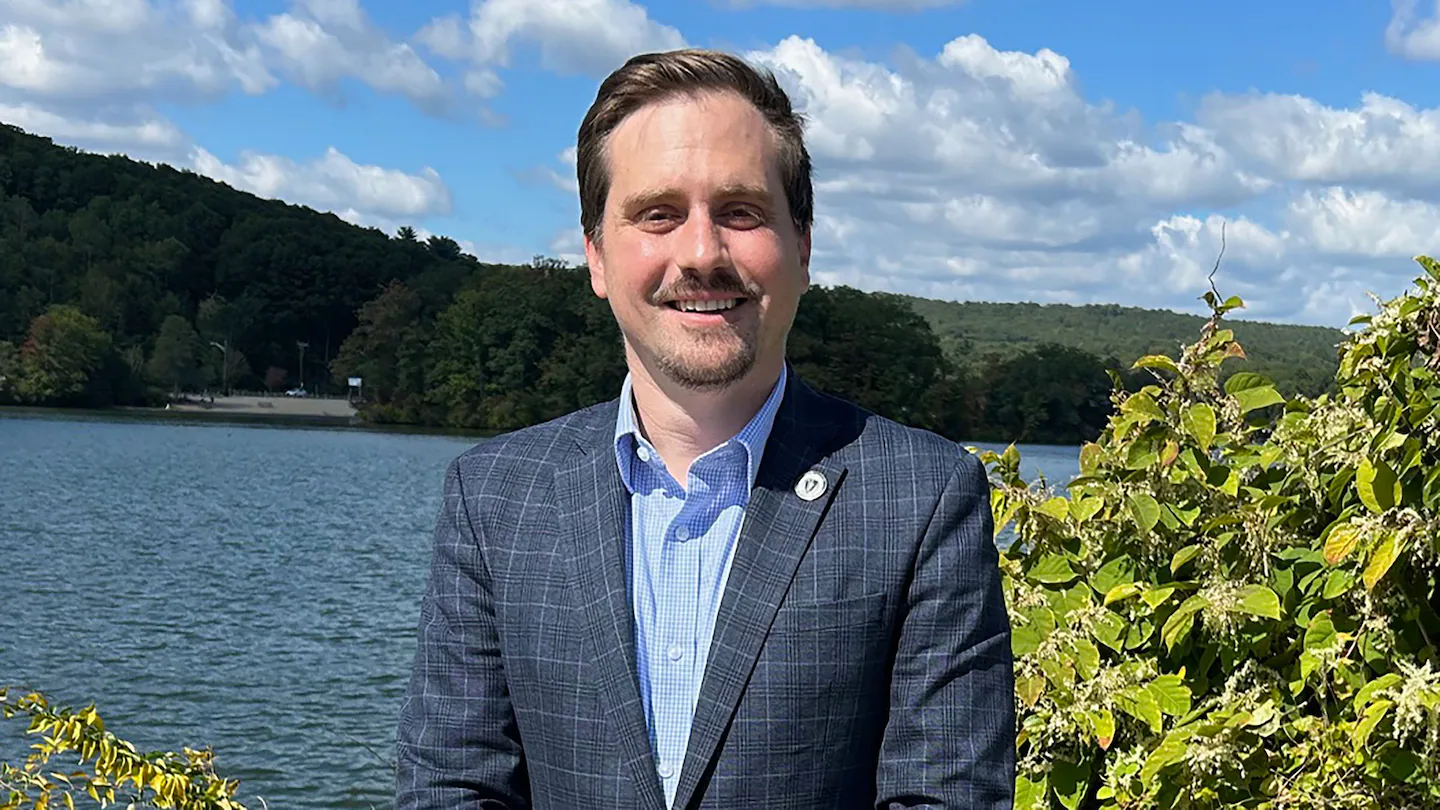
“One thing recovery has done for me is it made me more honest and open,” LeBoeuf said in an interview. “After you go through a situation where your lowest point is completely exposed in front of everyone, you have the privilege to say, ‘I get it. I’ve been there.’ Some people don’t want to talk about it, so if I can be the one in a room that brings that perspective in, I will do it.”
In Massachusetts, 1,674 people died of alcohol-related causes last year, and there were nearly 90,000 alcohol-related emergency department visits, according to the Massachusetts Bureau of Substance Addiction Services.
Alcoholism takes different forms for different people. Jennifer Bradford, medical director of Community HealthLink Detoxification and Stabilization Program, part of UMass Memorial Health in Worcester, described it as a chronic disease that, over time, changes brain function, including parts of the brain that affect impulse control and decision-making.
For LeBoeuf, alcohol was a coping mechanism, a way to treat physical pain and handle daily stresses. As a young professional working for a nonprofit, he started drinking socially. By November 2018, when he won his first election for state representative, LeBoeuf was drinking regularly but felt he could control it. Then the COVID-19 pandemic hit. LeBoeuf, like many others, drank to cope with isolation. There was no single trigger that turned him to alcohol — he describes it as a gradual increase in drinking over time.
“It was something I always felt I could control, until I couldn’t,” LeBoeuf said.
LeBoeuf, who is single, said he was often the person family members and friends turned to for help. Eventually, he was drinking every day, and he recognized he was feeling less healthy and wasn’t reaching his full potential — but he didn’t know how to seek help.
“You try to justify it, say it’s not that bad, it’s not interfering with anything,” LeBoeuf said. “Then eventually it starts to take a physical toll, then a judgment toll.”
LeBoeuf doesn’t like to talk about the night of April 26, 2022. According to State Police, he was pulled over after driving erratically on Route 93 in Quincy. He had slurred speech, swayed during field sobriety tests, and had nip bottles and wine cans in his car. His blood alcohol level measured between 0.329 and 0.317, around four times the legal limit, the Globe reported. He was charged with operation under the influence of liquor, negligent operation of a motor vehicle, and a marked lanes violation.
LeBoeuf publicly apologized and pledged to seek treatment. In a common resolution for a first-time offender, he lost his license for 45 days and had to pay fines and fees and attend a driver’s education course. The charges were dismissed after a year.
LeBoeuf entered an inpatient detox program, then intensive outpatient treatment, which included a mix of group and individual therapy that he gradually tapered down. He spent 10 months in treatment.
In November 2022, LeBoeuf won reelection against a Republican opponent with 59 percent of the vote.
Worcester residents say the community was divided between supporting LeBoeuf after his arrest and seeking his ouster. Susan Swanson, a retired speech language pathologist who supported LeBoeuf politically, said, “I think he really disarmed the community by his vulnerability, being authentic, owning the alcohol abuse issue.”
Today, LeBoeuf’s experiences shape his work. When a local health center considered closing addiction-related services, LeBoeuf advocated to keep them open. He introduced a bill aimed at ensuring that parents with substance use disorders who are involved with the Department of Children and Families have certain rights, including a role in developing parenting plans. Another bill he sponsored would limit the ability of professional licensing boards to consider certain criminal offenses, like first-time drunken driving charges, when the offense is unrelated to the field. LeBoeuf has sought to develop more supportive housing, to give people with addiction a stable living environment.
LeBoeuf said he still has days where he questions whether it wouldn’t be easier to have a drink. But he feels healthier. And he has recommitted to legislative work, helping constituents in his high-needs urban district. He doesn’t want addiction to define his reputation but hopes his story will reduce stigma.
“I thought if people saw this thing I was grappling with, this terrible thing that society said is wrong … everything else about me would be erased,” LeBoeuf said. “It doesn’t have to be that way. In the end, it isn’t. Your struggle doesn’t negate your humanity.”
Anyone seeking help with addiction can call Massachusetts’s substance use helpline at 800-327-5050 or text “HOPE” to 800327.



